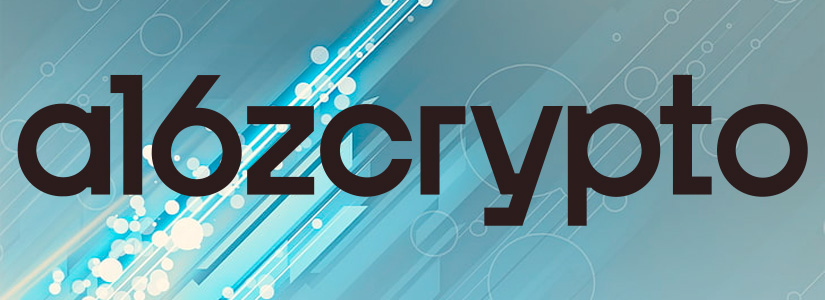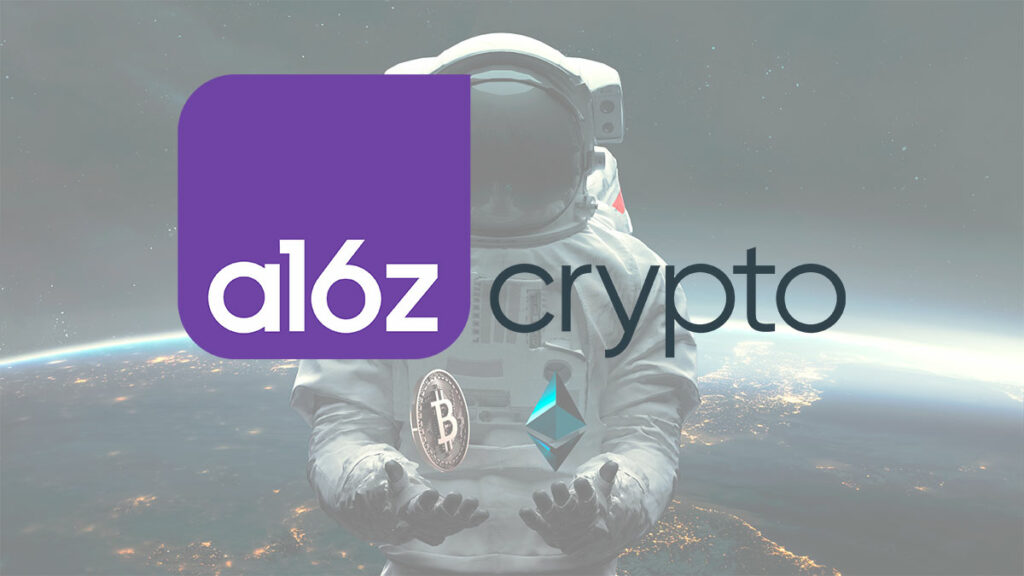Venture capital firm Andreessen Horowitz (a16z) has revealed its top trends for 2024, with a strong focus on the potential of blockchain technology and artificial intelligence (AI). The firm believes that these technologies will play a crucial role in the future of the Internet, often referred to as Web 3.0.
A16z predicts significant improvements in AI and decentralization in 2024. The firm sees a bright future for blockchain, stating that it can decentralize generative AI. This suggests a shift towards a more distributed and democratic digital landscape, where power and control are not concentrated in the hands of a few tech giants. In addition to AI and blockchain, a16z has also expressed interest in the growing field of cryptocurrencies.
Decentralization, AI, and Security are the Heart of a16z Predictions
Decentralization is often praised for its potential to democratize systems, stimulate competition and diversity within ecosystems, and provide users with greater choice and ownership. However, the practical implementation of decentralization on a large scale has proven to be difficult, particularly when contrasted with the efficiency and reliability of centralized systems.
Miles Jennings, the Head of Decentralization at a16z, anticipates that the evolution of these models will lead to unprecedented levels of decentralized coordination, operational capabilities, and innovation.

In the field of security, Eddy Lazzarin, the Chief Technology Officer, has suggested that the use of “passkeys” generated through cryptographic methods can enhance the security of sign-ins on websites and applications.
Additionally, Daniel Reynaud, a research engineering partner, has noted that crypto projects are simplifying the process of formal verification, which involves the application of mathematical models to assess a program’s security, for developers of smart contracts.
The democratization of AI innovation through blockchain technology is a promising concept. Currently, the development and application of AI models are largely confined to major tech corporations. However, cryptocurrency could potentially establish a global, unrestricted, multi-faceted marketplace where anyone can offer data and receive compensation in return.
Furthermore, blockchain technology could be utilized to counteract the spread of misinformation that could have significant impacts on society, culture, politics, and the economy. This could be achieved by tracking the source of online content, among other strategies.










